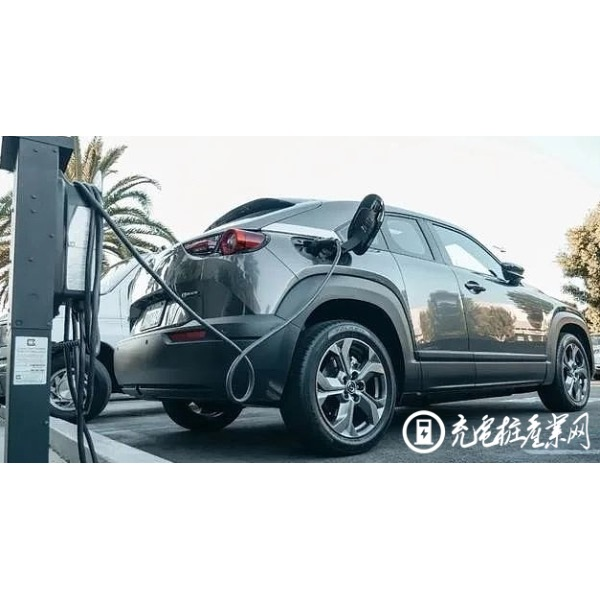The construction of charging piles has become a key investment project in many countries, and the portable energy storage power supply category has experienced significant growth.
Germany has officially launched a subsidy plan for solar charging stations for electric vehicles, with an investment of 110 billion euros! It plans to build 1 million charging stations by 2030.
According to German media reports, starting from the 26th, anyone who wants to use solar energy to charge electric vehicles at home in the future can apply for a new state subsidy provided by Germany’s KfW Bank.

According to reports, private charging stations that use solar power directly from rooftops can provide a green way to charge electric vehicles. The combination of charging stations, photovoltaic power generation systems and solar energy storage systems makes this possible. KfW is now providing subsidies of up to 10,200 euros for the purchase and installation of these equipment, with the total subsidy not exceeding 500 million euros. If the maximum subsidy is paid, approximately 50,000 electric vehicle owners will benefit.
The report pointed out that applicants need to meet the following conditions. First, it must be an owned residential home; condos, vacation homes and new buildings still under construction are not eligible. The electric car must also already be available, or at least ordered. Hybrid cars and company and business cars are not covered by this subsidy. In addition, the amount of the subsidy is also related to the type of installation.
Thomas Grigoleit, energy expert at the German Federal Trade and Investment Agency, said that the new solar charging pile subsidy scheme coincides with KfW’s attractive and sustainable funding tradition, which will certainly contribute to the successful promotion of electric vehicles. important contribution.
The German Federal Trade and Investment Agency is the foreign trade and inward investment agency of the German federal government. The agency provides consulting and support to foreign companies entering the German market and assists companies established in Germany to enter foreign markets.
In addition, Germany announced that it will launch an incentive plan of 110 billion euros, which will first support the German automobile industry. The 110 billion euros will be used to promote German industrial modernization and climate protection, including accelerating investment in strategic areas such as renewable energy. , Germany will continue to promote investment in the new energy field. The number of electric vehicles in Germany is expected to increase to 15 million by 2030, and the number of supporting charging stations may increase to 1 million.
New Zealand plans to spend $257 million to build 10,000 electric vehicle charging piles
The New Zealand National Party will get the economy back on track by investing heavily in the infrastructure the country needs for the future. Electric vehicle charging pile infrastructure will be a key investment project as part of the current National Party's plan to rebuild the economy.
Driven by the policy of energy transition, the number of new energy vehicles in New Zealand will further increase, and the construction of supporting charging equipment will continue to advance. Auto parts sellers and charging pile sellers will continue to pay attention to this market.
Driven by the policy of energy transition, the number of new energy vehicles in New Zealand will further increase, and the construction of supporting charging equipment will continue to advance. Auto parts sellers and charging pile sellers will continue to pay attention to this market.
The United States has become the world's second largest electric vehicle market, driving demand for charging piles to surge to 500,000
According to data from the research agency Counterpoint, sales of most car brands in the U.S. electric vehicle market increased significantly in the first half of 2023. In the first quarter, sales of new energy vehicles in the United States grew strongly, surpassing Germany to become the world's second-largest new energy vehicle market after China. In the second quarter, sales of electric vehicles in the United States increased by 16% compared with the same period last year.
As the electric vehicle market continues to grow, infrastructure construction is also accelerating. In 2022, the government proposed to invest US$5 billion in building public charging piles for electric vehicles, with the goal of building 500,000 electric vehicle charging piles in the United States by 2030.
Orders surged 200%, portable energy storage exploded in European market
Convenient mobile energy storage equipment is favored by the market, especially in the European market where power shortages and power rationing are due to the energy crisis, and demand has shown explosive growth.
Since the beginning of this year, the demand for mobile energy storage products for backup power use in mobile spaces, camping and some home use scenarios has continued to grow. Orders sold to European markets such as Germany, France, and the United Kingdom accounted for a quarter of global orders.
Post time: Oct-17-2023
